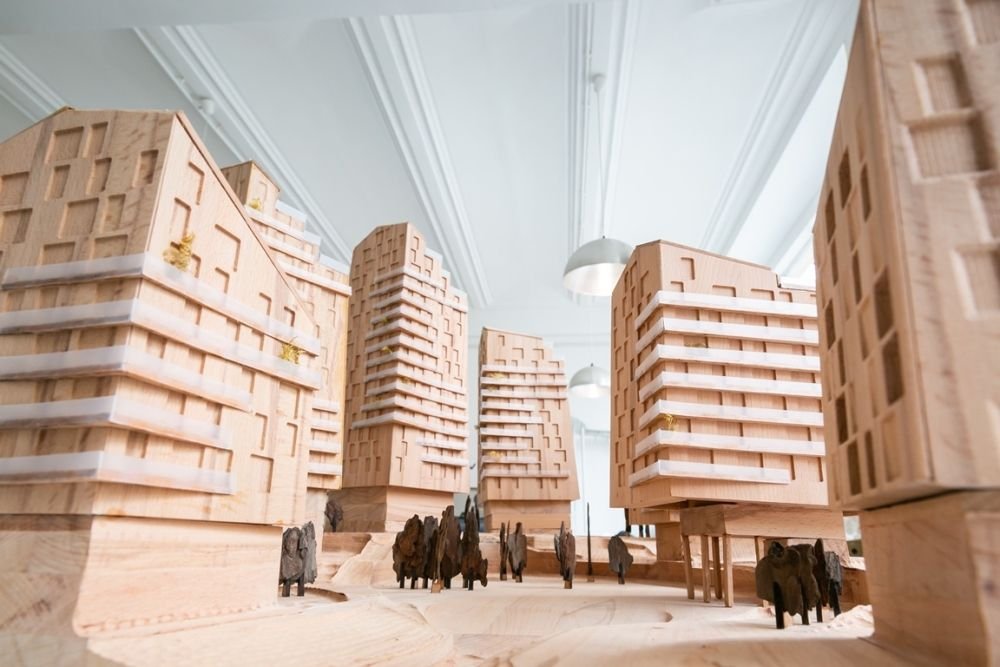
Tag "international students"

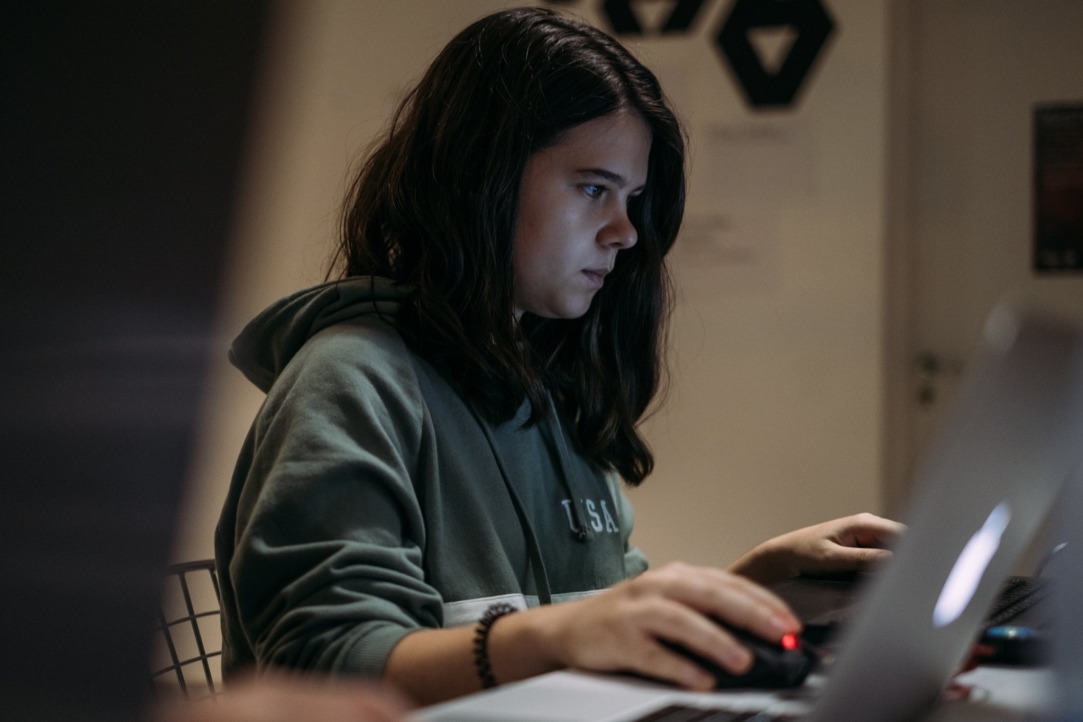
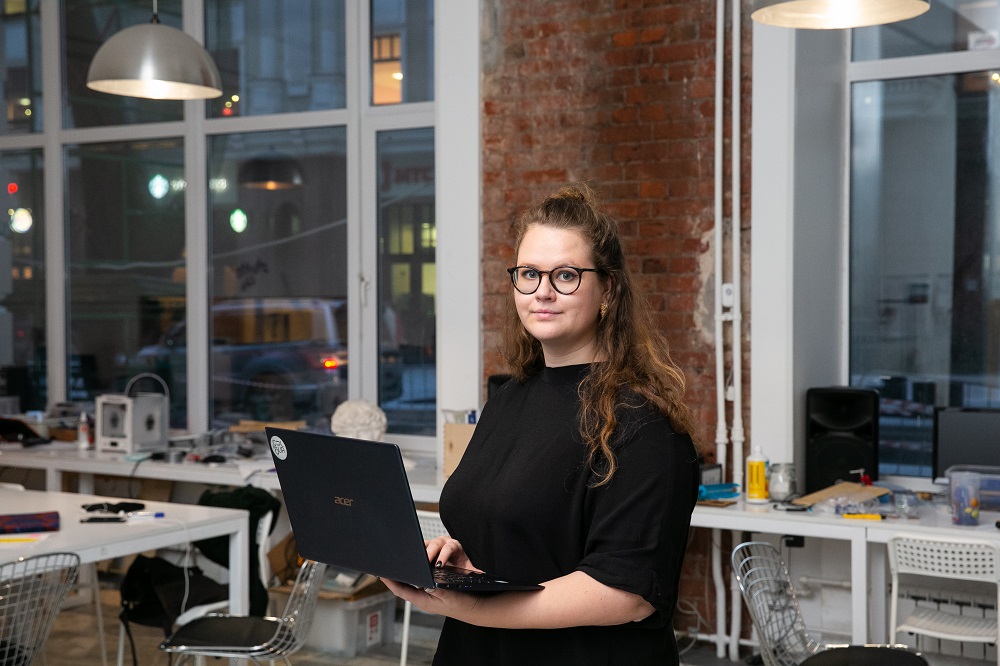
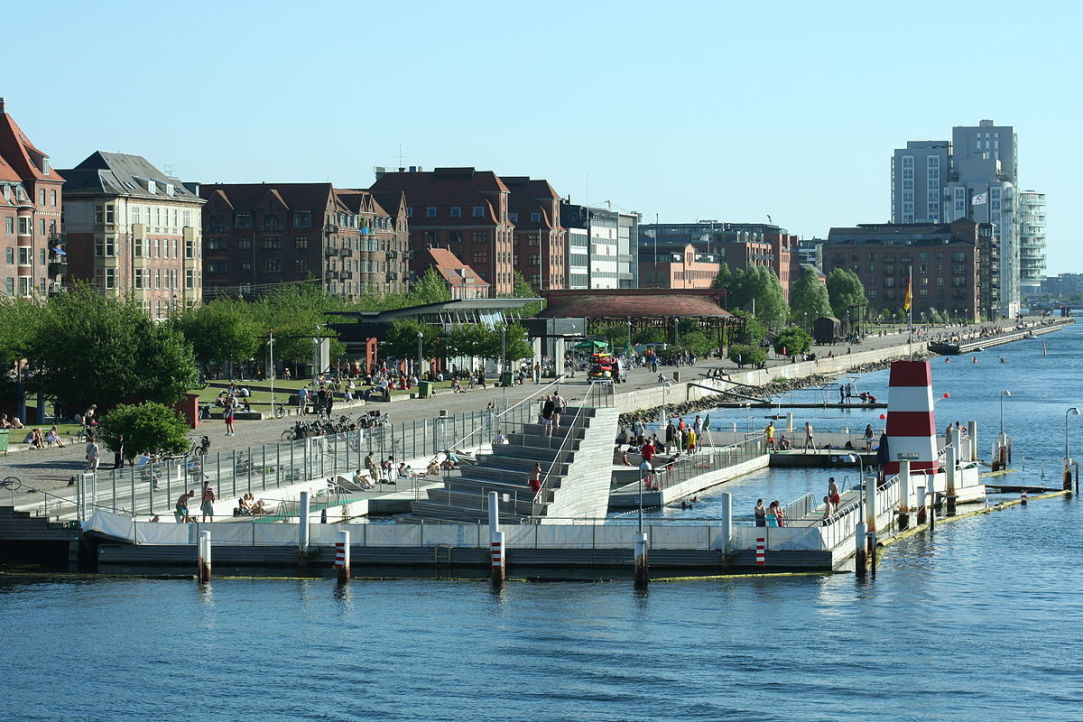
Master’s programme in Prototyping Future Cities offered by the HSE Vysokovsky Graduate School of Urbanism was launched in 2017 and has since become quite popular among international students. Students from all over the world come to Moscow to learn how to use technologies to deal with future challenges of urban development. Two of the first-year students have talked to HSE News Service about studying on the programme and the projects they have been working on.
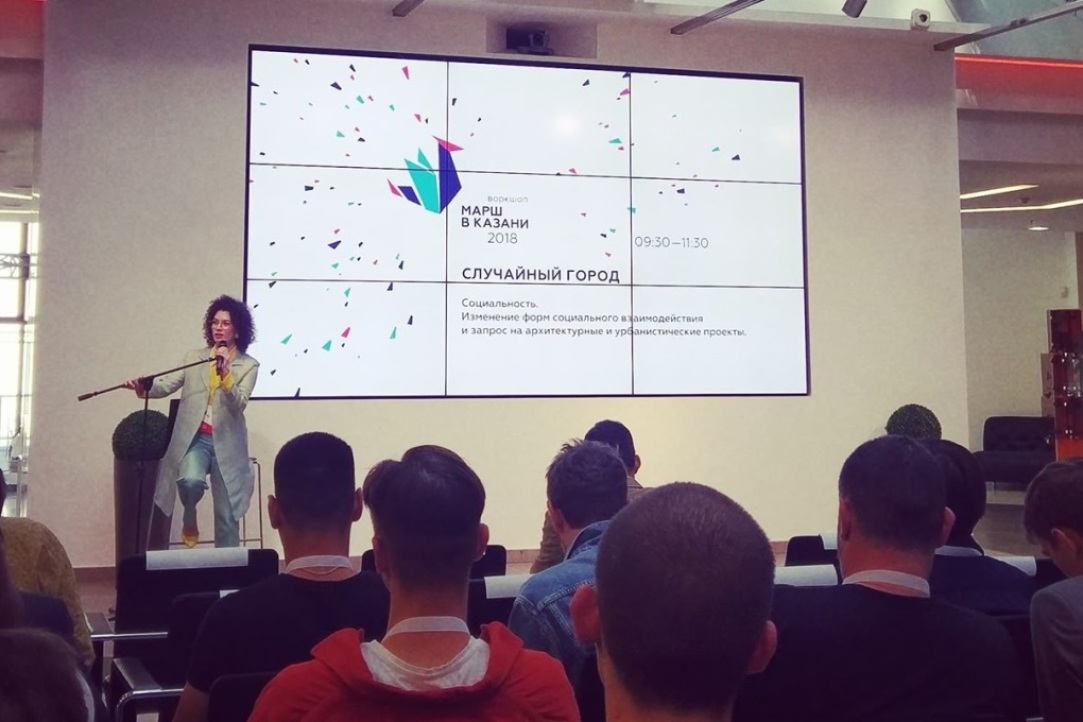
Within the course ‘City project. Buildings’ students of the master program ‘Prototyping future cities’ visited Barcelona in April 2018
Students of the master program ‘Prototyping future cities’, who were awarded the grant of the president of the Republic of Tatarstan, presented the research ‘Kazan: model of distributed development’ to the president, Rustam Minnikhanov
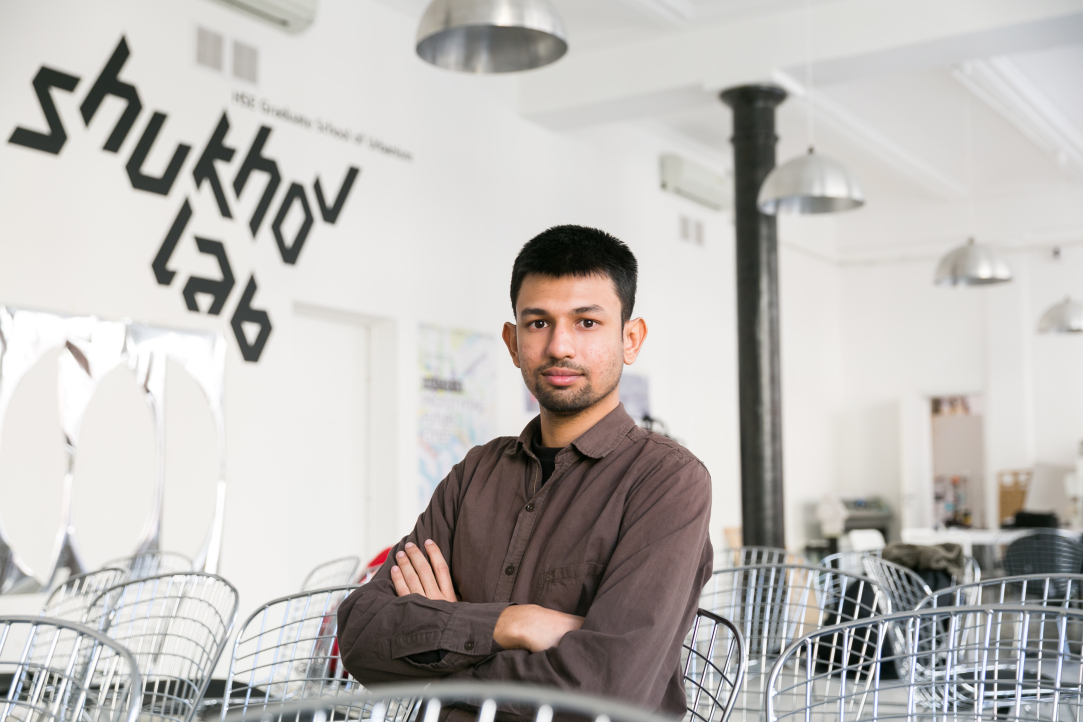
As part of Week 4 of the Advanced Urban Design Master’s Programme, the students were asked to analyse Shabolovka Street through mapping its physical and social features. The main goal of the workshop was to explore the influence of HSE University (either positive or negative) on Shabolovka and to analyze its potential role. Divided into 6 research groups, the students were asked to gather and map available information and to come up with an observation or recommendation. Each group was working on one of the three suggested themes: buildings, infrastructure and people.
